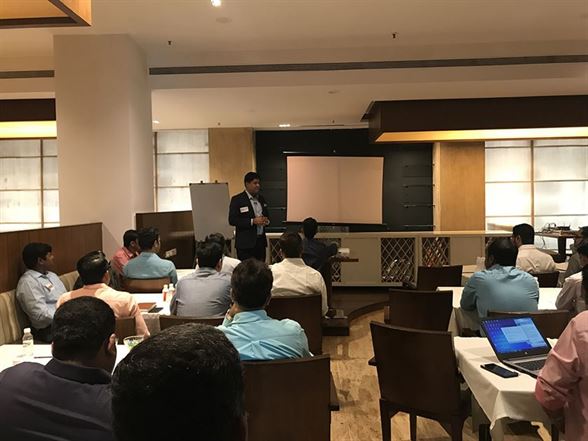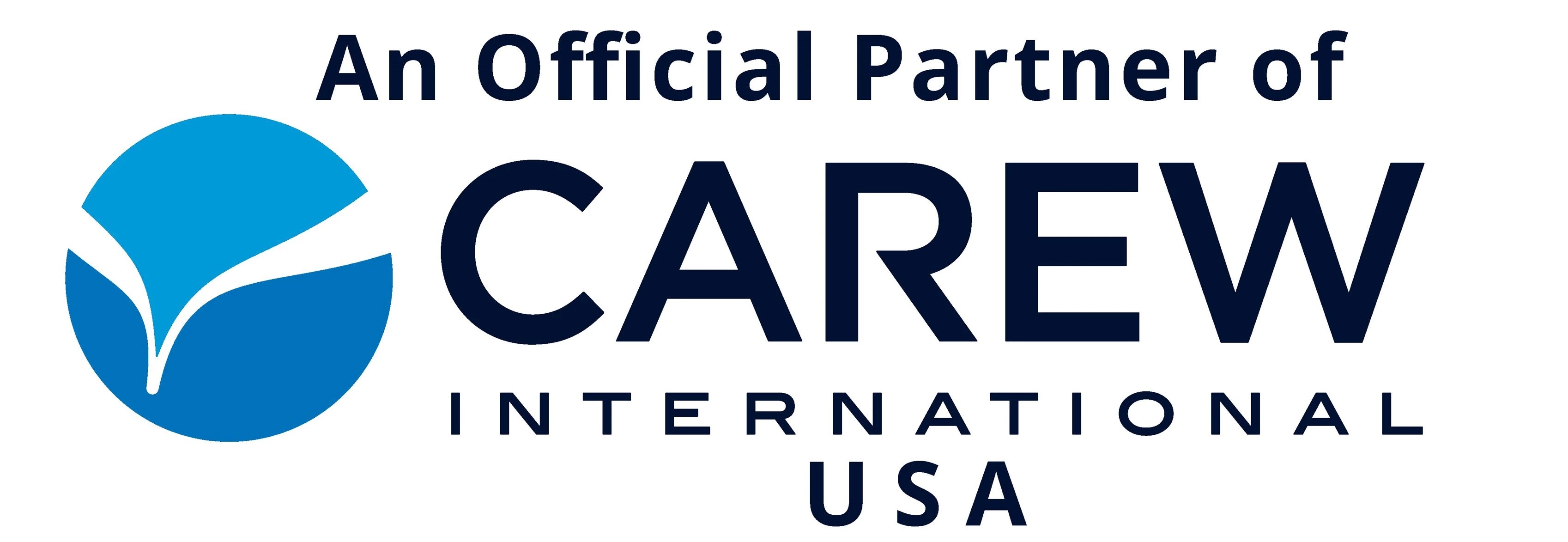Carew International ©
Advanced Positional Selling™ (APS)

(APS) Advanced Positional Selling develops strategic insight and consultative skills necessary for sales professionals to retain and secure a preferred position with customers. The program is like an investment for continuous development of your sales organization -- ideal for DPS graduates and sales management.
In this workshop, all participants will thoroughly explore the strategic element of selling. APS training meets the need for strategic initiative to precede the tactical applications and to orchestrate both with your current business reality. Negotiations, conflict management, organizational dynamics, position progression and presentation skills are all topics covered in the APS workshop as critical elements of strategic selling.
The APS Consultative Selling curriculum is covered in the dynamic, diverse format professionals have come to expect from Carew sales training, including group exercises, high-impact lectures, hands-on events and discussions. The APS program can be customized to address challenges and specific needs of particular organization.
Introduction and What is Current Position
- Re-discovering the traits which create dominant sales professionals, the attributes and competencies critical for sales success.
- Learning an analytical model to pinpoint your current standing with your customer’s organization and its key players.
- Diagnosing your present position and review tools required to deepen position
Align for Victory
- Introduction to the Advance Positional Selling model.
- Discovering why Sales Professionals repeatedly miss what really drives a customer’s company.
- Learning why service, great products and competitive pricing are no longer the only key elements to winning sustainable business.
- Watching how few sales professionals with remarkable product have forgettable influence with their customers, and how to fix it.
- Sales professionals are introduced to the concepts of Critical Concerns, Business Drivers and Decision Criteria in terms of a sophisticated but simple and highly repeatable process.
- Understanding your customer’s plan, decisions processes and prepare to work the decision process from a position of strength.
- Finding out how to understand varying organizational structures and learning how a sales professional successfully navigates the turbulent waters of dynamic enterprises.
Business Drivers
- Every customer has different business goals; these goals cascade through company and vary differently through people depending on where they reside in the company their individual needs, , their specific responsibilities and objectives.
- Learning and developing techniques and tools to confirm and explore your customer’s business drivers – such as the interviewing, critical research tools and needs analysis skills that not only cover the “Questions I Need to Ask”, but “The Information That I Need to Know”.
- Learning approaches for pinning down the business drivers those executives will fund to create results, and how to attach your value in the process.
Current Conditions and Implications
- Learning how a disciplined approach to understanding your customer’s current external and internal resulting implications and business conditions can lead to solutions the customer favors and the competition is not considering.
- Reviewing approaches to help the customer experience the implications of the results they currently build and expect demand for improvement how to create critical concerns.
- Experimenting with a flexible course of action to build and confirm QUANTIFIABLE customer needs (Gaps), and the QUANTIFIABLE desired results available through your solutions.
- Discovering when and how to use process mapping tools to clearly define impact, implications and drive need.
- Learning to communicate and build tangible ROI.
Decision Criteria and Process
- Creating an organization roadmap in order to understand inter-connectedness in the decision process and identify key players and roles.
- Learning how to qualify the range of individuals involved in the decision process, focusing not only on who can say YES, but dealing with those who can definitely influence a NO.
- Understanding the evolution and selection criteria – what is the real criteria that is going to be used and how to influence it to your advantage.
- Exploring how organization type influences the decision process and learning the languages and skills required to successfully navigate the “C-Level” decision makers.
- Understanding the orientations of the decision hierarchy and successfully adapt your presentation and style to meet the needs of the individual and their specific motivations.
- Learning how to assess the competition and factor in competitive strategy.
- Learning and using a decision criteria matrix and how to beat the competition’s value proposition.
Packaging the Business Case
- How to use Critical Conditions, Business Drivers, Implications and the Decision Criteria to engage the customer in a comprehensive solution that is laser-focused on their realities and desired results.
- Quickly and clearly justifying your solution in terms of quantifiable results and returns.
- Engage your customer from beginning to end and close for results.
Putting Your Plan into Action
- Applying the Business Case process to a specific account, including responsibilities and praparation to complete the process.
- Create an action plan to implement the skills and business tools into the largest opportunity accounts in your account base.
- Rev up your creative juices as you learn how to introduce innovation and originality in your customer relationships.
Register today for APS Program @Bmore Consultant by simply filling our quick Enquiry Now!










